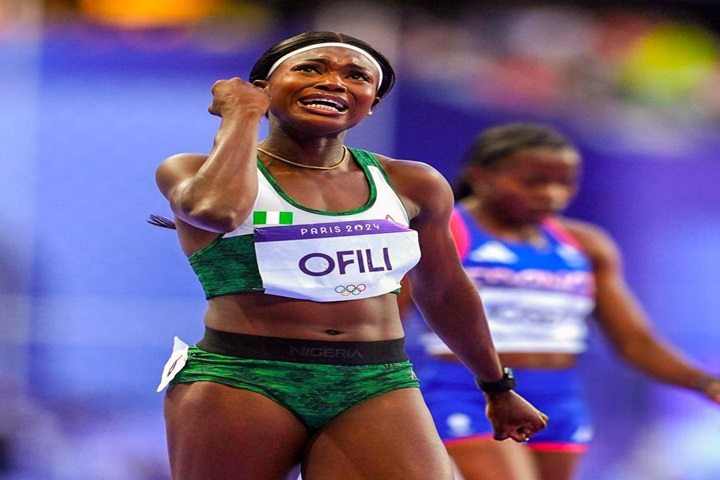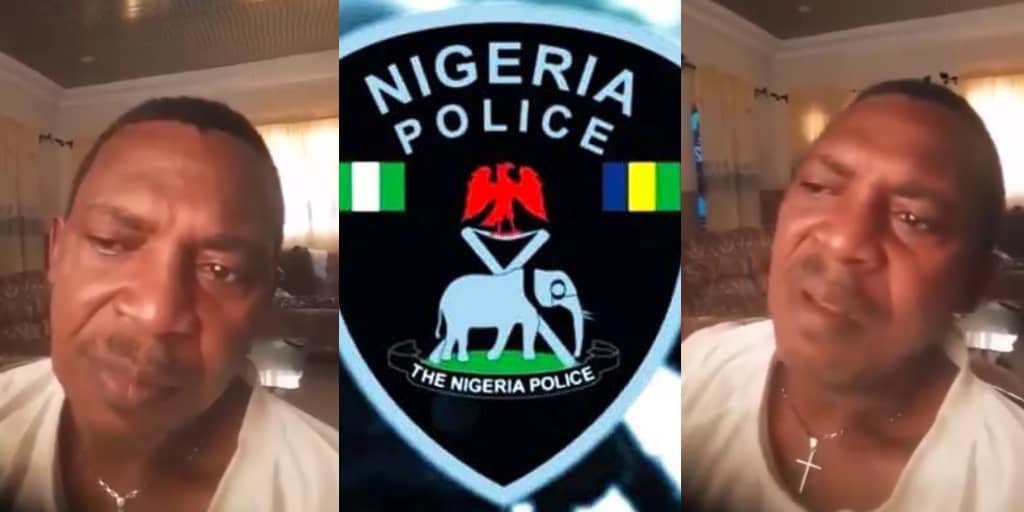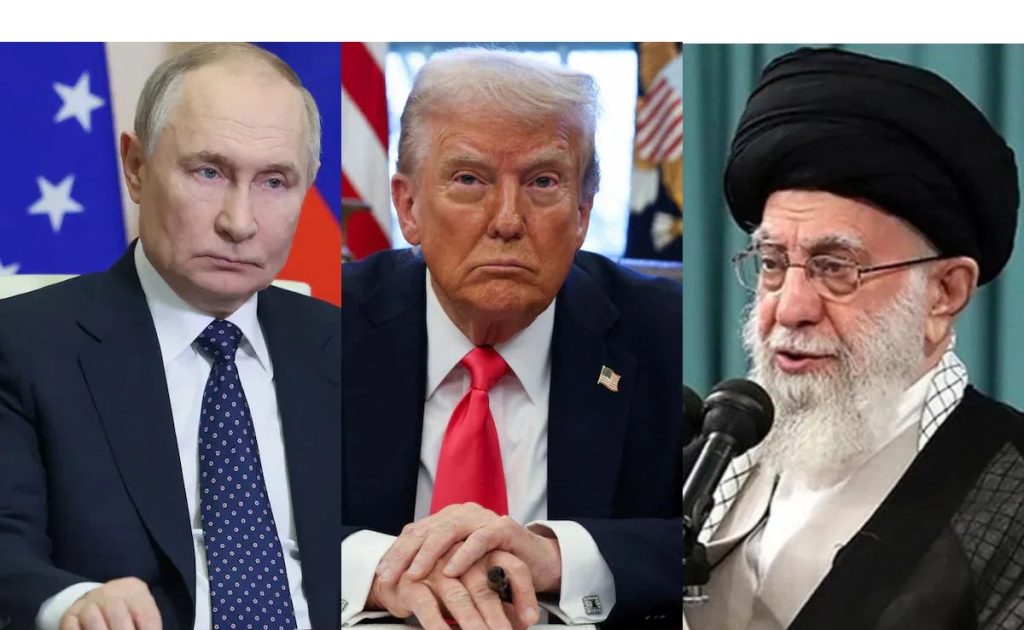News
How long will Ndigbo remain silent in the face of exclusion?
DDM News

A recent social media post has sparked widespread concern over the alleged systemic exclusion of the Igbo ethnic group from key national decision-making positions.
The post, which has since gone viral, was written by a concerned Igbo citizen who expressed deep worry over what he described as a clear pattern of marginalization.
Diaspora Digital Media (DDM) reviewed the viral message and found it reflects a growing sentiment of political and social alienation among Igbos under the current administration.
The author began by expressing a heavy heart, not from hate, but from deep concern.
He cited the Tinubu administration’s recent appointments for the upcoming national census, where eight individuals were selected, five of whom are Yoruba.
None of the appointees are Igbo, a fact the author highlighted as disturbing and deliberate.
The names on the list include Bagudu (North West), Kwarra (North Central), Idris (North West), Edun (South West), Adedeji (South West), Odusote (South West), Okunola (South West), and Oyinade (South West).
The post questioned whether this could truly be a coincidence.
It raised the alarm over how census data influences the distribution of resources, educational institutions, and political representation.
The author also expressed frustration at fellow Igbos who downplay these issues, insisting that representation at such levels is vital to equitable national planning.
He further referenced a recent controversy involving the JAMB Registrar, Prof. Ishaq Oloyede, who was accused of manipulating exam scores to favour Yoruba students while disadvantaging Igbo candidates.
Though unconfirmed officially, the allegation triggered anger, especially among young Igbo students who felt targeted and devalued.
The post noted that Igbos consistently top education charts in Nigeria and gain the highest number of university admissions.
According to the writer, such suppression of excellence through systemic bias is both dangerous and unacceptable.
He warned that silence in the face of this growing trend could lead to worse outcomes in the future.
The author stressed that this is not a tribal rant but a survival alarm.
He urged Ndigbo not to wait until they are completely excluded from key national affairs.
He concluded by calling for awareness, unity, and courage among Igbos, insisting that the time to act is now.
“Nwoke ná Nwanyi, wake up,” he pleaded.
This passionate appeal has since drawn mixed reactions online, with some agreeing wholeheartedly and others calling for caution and national unity.
Nonetheless, the core message remains resonant: political marginalisation of any ethnic group, if left unchecked, threatens the fabric of Nigeria’s democracy and unity.
For Diaspora Digital Media Updates click on Whatsapp, or Telegram. For eyewitness accounts/ reports/ articles, write to: citizenreports@diasporadigitalmedia.com. Follow us on X (Fomerly Twitter) or Facebook














